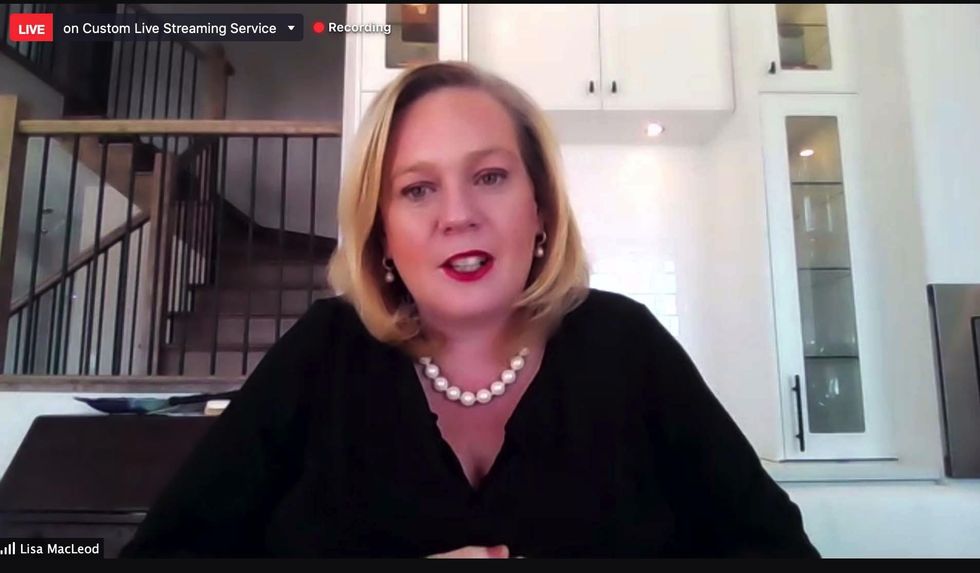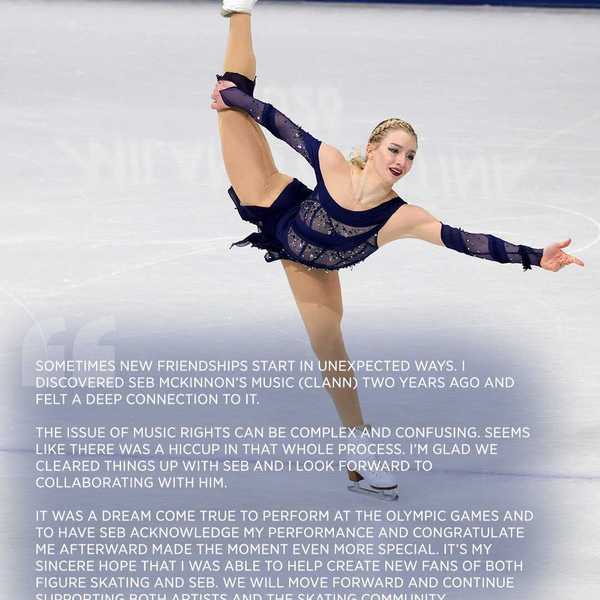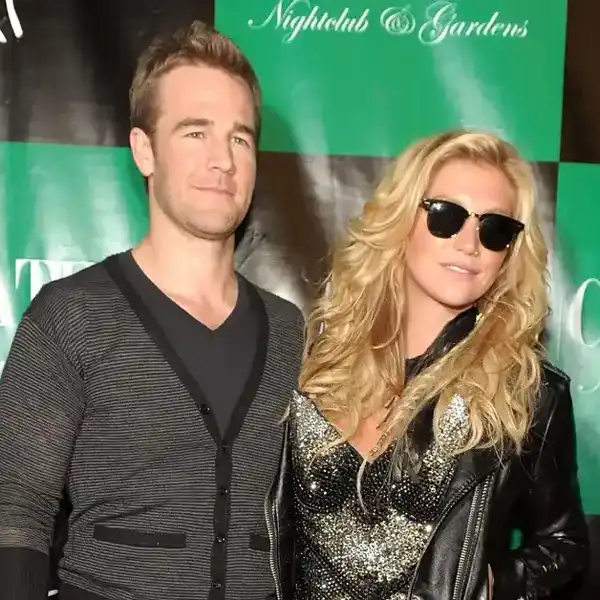Ontario Government Pumps $2.5M Into Music Community
The Canadian Live Music Association (CLMA) and Canadian music industry charity Unison Fund just got a significant boost to their respective coffers from the Government of Ontario.

By Karen Bliss
The Canadian Live Music Association (CLMA) and Canadian music industry charity Unison Fund just got a significant boost to their respective coffers from the Government of Ontario.
In a Zoom media conference March 12 — alongside Unison’s executive director Amanda Power, CLMA’s president and CEO Erin Benjamin, and musician and Music Canada advisory council chair Miranda Mulholland — Minister of Heritage, Sport, Tourism and Culture Lisa MacLeod announced the investment of $2.5 million into the two non-profits: $500,000 to CLMA and $2 million to Unison.
CLMA, an advocacy group and active think-tank for the live music industry coast to coast, will use the funds to help the towns, cities and communities throughout Ontario bridge the gap “to bring the live music sector out of the pandemic.” A Canadian Live Music Association member survey determined a 92% average revenue loss with the industry and 64% of respondents said they are at risk of permanent closure.
Using Music Canada’s Music Cities framework on how to help communities boost their local live music assets, recommendations will include developing audience retention strategies for when it’s safe to re-open, expanding music offices and music advisory boards, and advancing policies that support music and musicians.
Unison, which provides counselling and emergency financial aid to the Canadian music community, will allocate the $2 mil to its Covid-19 Relief Program, specifically for applicants based in Ontario. This is the first time the charity has received government support, MacLeod said on the Zoom call, adding that in the past year Unison had raised $2.3 million.
“So this is almost doubling that investment, in order to get money into the hands of artists, but at the same time, and probably even equally, if not more important, getting that mental health support to them, so that they know that they're not alone, that they can work through their anxiety, through the depression, put things into perspective and have that level of support.
“And I'll be perfectly honest, as the Minister, I have help and I've been very clear about that,” she added, “and I just needed to make sure that our sectors were getting that help as well.”
Unison’s executive director Amanda Power said the past year the charity had received a 3021% increase in applications for emergency financial aid and 208% increase in urgent mental health crisis intervention calls
The industry leaders did become emotional at times during the announcement.
“Just to give you context, I normally wouldn't do this in a press conference,” said MacLeod. “The sectors that I represent had shuttered a year ago and have been on an emotional rollercoaster for a year, and we have all become very close as a result of that and trying to find solutions and recognizing that we're first and foremost in a health crisis. We all quickly recognized who we were also in an economic and social crisis.
“So when we get emotional it's because we know, especially with the Unison money, that that might save someone's life. And so, today, I could’ve announcement a bunch of different things, but I think, today, this one's about hope and building back better and stronger, but at the same time recognizing, at a very grassroots organic level, that there's people we need to support. So, again, I apologize for being emotional.”
Over the past year and a half, the Ontario government has provided financial aid to the music sector totalling $17.55 million — $7M from the Ontario Music Investment Fund (OMIF), $10.4 from the Reconnect Festival and Event program, and $150,000 for Ontario Live and its musictogether.ca platform.
“Today’s announcement is about not only looking at stabilizing the sector; it’s also about preparing and planning for post-covid 19,” said MacLeod.

















